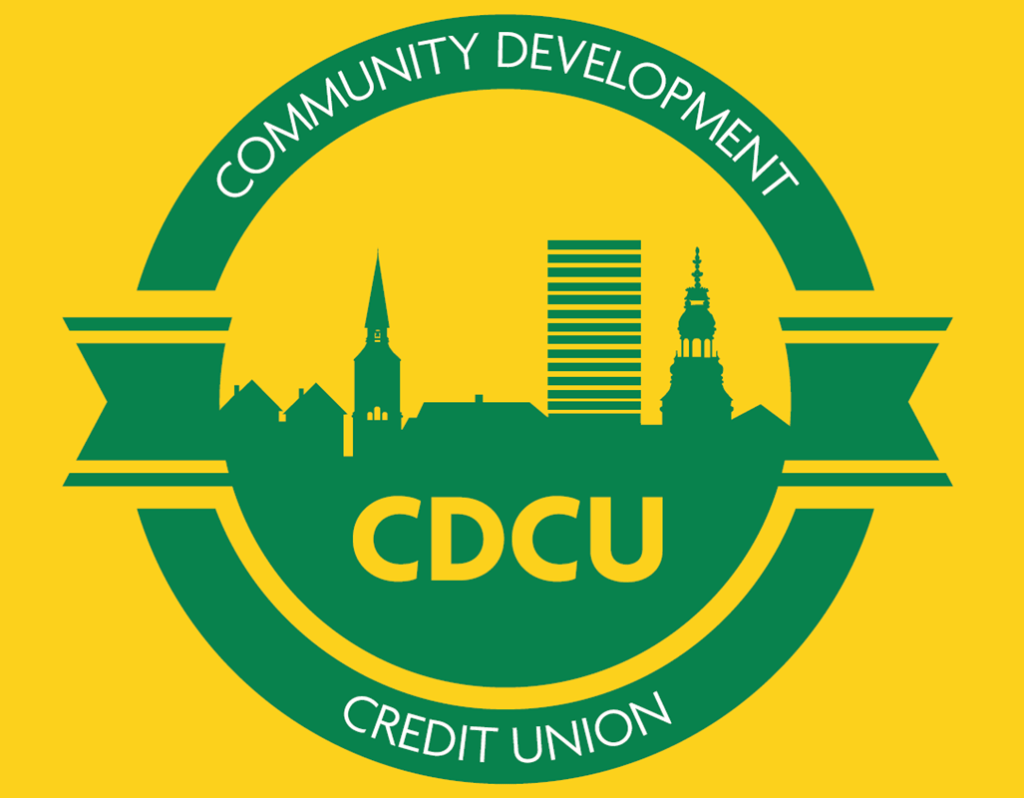With UK households facing continued economic pressures and policymakers looking for cost-effective solutions to financial exclusion – as well as ways to double the UK’s co-operative economy – a recent project showcase from the credit union sector suggested one way forward.
The Association of British Credit Unions (Abcul) has been piloting a UK version of the US community development credit union (CDCU) model, which is well established in the USA. A CDCU is a credit union with a mission of serving low and moderate-income people and communities, and specialising in serving populations with limited access to safe financial services.
In the US, CDCUs are represented by apex body Inclusiv, which has been interacting with Abcul for a decade, sending regular delegations to its annual conferences and working with UK credit unions looking to emulate the model.
These credit unions – 1st Alliance Community Bank, Bradford District, Celtic, Clockwise, Enterprise, HEY, Lewisham + Bromley and London Plus – have been acting as pathfinders in Abcul’s UK trial of the model. This included a study tour of Madison, Wisconsin in the USA to see the work of CDCUs.
This long process has fed into a white paper, Financial Inclusion for All, which Abcul presented at the official launch of its CDCU project, held in Liverpool at the end of September.
“Our objective is crystal clear,” Abcul CEO Robert Kelly told the event. “We want credit unions to be strong, sustainable, innovative and have a desire to fulfil their mission and vision by expanding their reach in communities, households and employers all across the country. The CDCU designation can be a real growth catalyst for those who wish to pursue it.

“We also want to ensure that the development agenda for those involved in the CDCU designation process can be aligned to the wider financial inclusion and community empowerment objectives of national government, local government and key sector partners and stakeholders. Driving this collaborative agenda will deliver real and positive change.”
The model delivers clear benefits to communities. Figures provided from the US by Inclusiv highlighted the economic injustice poorer or financially excluded people face in terms of extra costs. An unbanked person earning $20,000 or less a year will spend more than $40,000 on unnecessary fees in their lifetime, the launch heard – but membership of a CDCU offers a route out of this trap. For example, CDCUs have provided more than $34bn (£26bn) in loans for low-wealth communities and people of colour.
It also offers potential growth opportunities for credit unions. Inclusiv figures show that CDCUs outperform their peers in terms of growth, earnings, resilience and community impact.
Related: Credit unions tackle community development challenge at Abcul conference
Cathi Sim, Abcul’s senior vice president for capital and investments, told the event: “Credit unions who have focused on gaining CDCU certification and status have made a tremendously strong commitment to enhancing their product and service range, embedding financial education and member support programmes and ensuring there is a common development theme between board governance, mission, vision and purpose and the operational/member experience.”
Next up on the agenda, the CDCU project’s data analyst, Ian Goodliffe presented his findings which aimed to determine how well credit unions are serving the demographics that drive their mission and strategy. The data has proved that the financially vulnerable and low and moderate-income people and communities form the majority of the pilot credit unions’ member base, both for savings and loan accounts.
The final session of the day was a panel-based discussion with members of the pilot group of the CDCU project, featuring Celtic Credit Union, Enterprise Credit Union and Lewisham Plus Credit Union, giving their insight about their objectives and aspirations for the years ahead.
“Credit unions are perfectly positioned to offer wider support to the key demographics and ‘priority groups’ that we can now evidence we serve as a sector,” said Kelly. “Increased support will enable credit unions to expand their ability to reach the financially vulnerable and excluded members of society.”
There are, however, issues of cost going forward: the data – of the sort provided by Goodliffe – needed for CDCU accreditation costs money to gather and credit unions will have to do a lot of work if they are to switch to the model.
To win CDCU designation a credit union must demonstrate it meets 51% of the priority groups (limited budget, hard-up households, cash-strapped families, challenging circumstances, tenant living and constrained pensioners) with its membership of savers, and provide supporting documentation, which will be reviewed by the Credit Union Foundation.
Their primary mission must be directed towards improving conditions in underserved communities, and there are rules around credit control, DEI and a commitment to offering members a financial education.
This also costs money, and Abcul hopes there will be support and funding put in place by policymakers.
With the UK’s balance sheet in an unhealthy state, the Treasury is being careful with its purse strings; whether the benefits of the CDCU model will tempt ministers to offer financial support to help get the project off the ground remains to be seen.